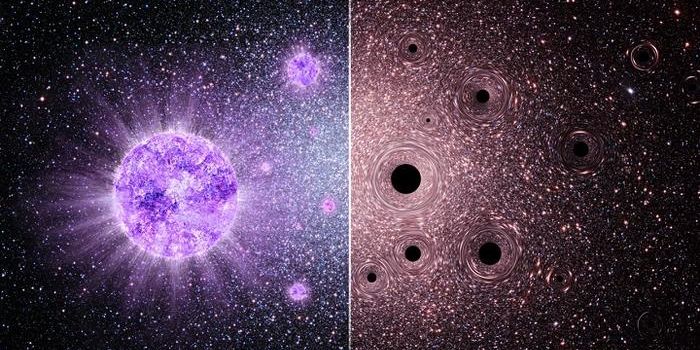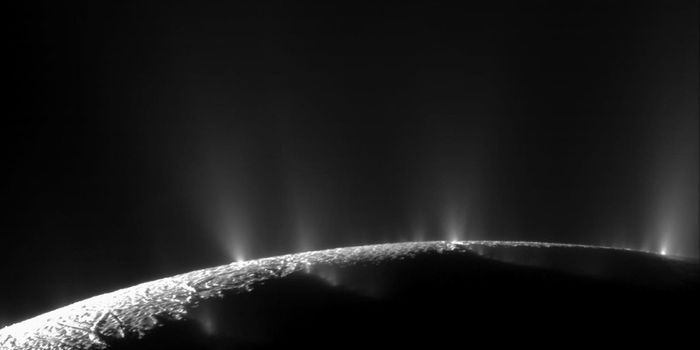South of New Zealand and deep in the Southern (or Antarctic) Ocean, the 1.9 million square-mile Ross Sea is sometimes called the "Last Ocean" because it is largely untouched by humans. Some 16,000 species, many of them uniquely adapted to the cold environment, live in its nutrient-rich waters, which are the most productive in the Antarctic. These nutrients lead to huge plankton and krill blooms that support vast communities of emperor and Adelie penguins, crabeater seals, orcas, and minke whales. And it is become of this importance the region has just been made the largest marine reserve in the world.

The new marine protected area that will encompass 600,000 square miles of ocean in the Ross Sea as of December 1, 2017, was created by a unanimous decision of the international body that oversees the waters around Antarctica—the Commission for the Conservation of Antarctic Marine Living Resources—and was announced at the commission's annual meeting in Tasmania. The commission comprises 24 countries, including the United States, and the European Union. It will remain under these protections for 35 years.
“This is a major step in marine conservation not just for the Antarctic but internationally,” said Evan Bloom, head of the United States delegation. “Part of it is the size, but the significance of this is that most of the marine protected area is a no-take area, and that involved 25 countries and complex, long-term environmental negotiations. It is one of the biggest steps for the international community.”
Commercial fishing will be banned from the entire area, but 28 percent of it will be designated as research zones, where scientists can catch limited amounts of fish and krill, tiny invertebrates that provide food for whales, penguins, seals and other animals.
"The Ross Sea is widely considered to be the last great wilderness area on Earth and known as the polar 'Garden of Eden'," according to a statement from the United Nations Environment Programme. The area is home to "50 percent of ecotype-C killer whales (also known as the Ross Sea orca), 40 percent of Adélie penguins, and 25 percent of emperor penguins.” It is also considered a living laboratory ideally suited for investigating life in the Antarctic and how climate change is affecting the planet.
Although the protections will not decrease the total amount of fish that are allowed to be caught in the Ross Sea, but it will move the industry away from the most crucial habitats close to the continent itself. Russia has an industry catching antarctic toothfish there and the changes will push the fleet into waters where they will catch fewer immature fish, and where they won’t compete with as many orcas, who also rely on toothfish for food.
This is also the first marine park created in international waters and will set a precedent for further moves to help the world achieve the International Union for the Conservation of Nature’s recommendation that 30% of the world’s oceans be protected.
Sources:
National Geographic,
The New York Times,
The Guardian,
NPR










